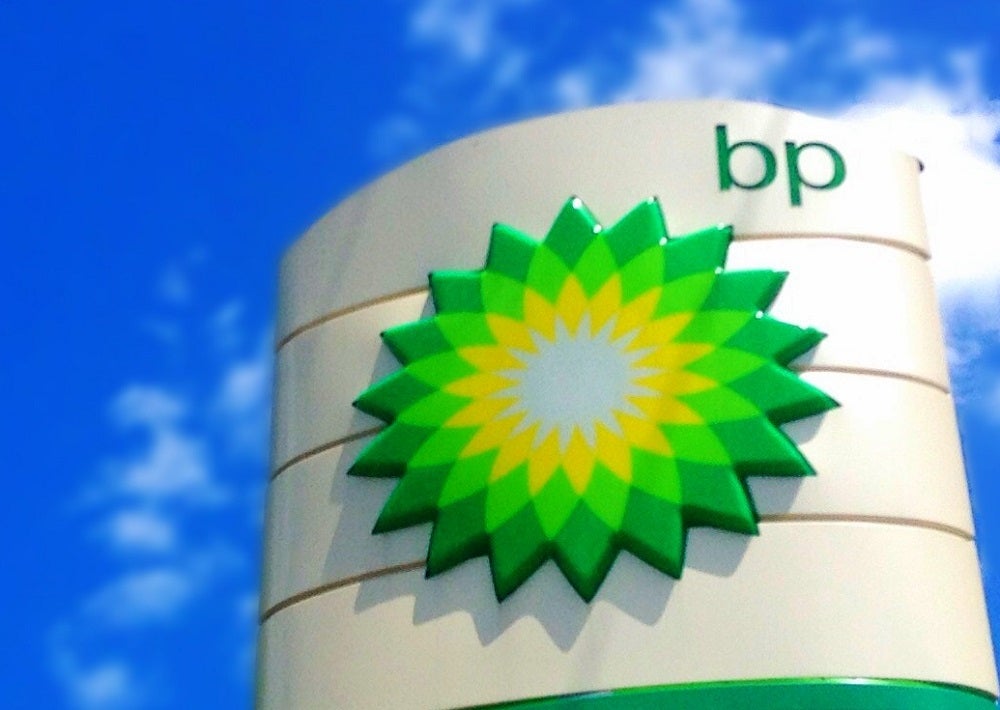
In a widely-anticipated move, UK oil major BP has announced a 25% reduction to its 2020 capital spending, as it seeks to strengthen its financial position amid the turmoil currently engulfing oil markets.
Cutting back its investment plans to $12bn will result in a 70,000 barrels per day (bpd) lowering of its upstream production attributable to its BPX Energy division, with full-year underlying upstream output levels expected to be lower than those of 2019.
The oil firm becomes the latest in the industry to announce a series of capital spending cuts as businesses seek ways to protect their balance sheets from the worst effects of the coronavirus health crisis that has decimated global fuel demand and the price war launched by Saudi Arabia that has sent commodity prices into freefall.
BP likely to take $1bn impairment charge as ‘most brutal environment’ in decades forces capital spending cuts
Plans to divest $15bn in assets by the middle of next year remain “on track”, although BP says the phasing of the receipt of $10bn in divestment proceeds by the end of 2020 may be revised.
A first-quarter update will be provided at the end of April, but the oil producer warned it would be likely to include a $1bn impairment charge for the period.
BP CEO Bernard Looney said: “This may be the most brutal environment for oil and gas businesses in decades, but I am confident that we will come through it – we know what to do and we have done so before.
“We are now acting quickly and decisively to further strengthen our financial frame in response to the currently volatile and extremely challenging market conditions. We will continue to review these actions and any further actions that may be appropriate, in response to changes in prevailing market conditions.
“We now expect 2020 organic capital spend to be around $12bn, around 25% below our prior full-year guidance.
“In upstream, this includes a reduction of around $1bn in spend on short-cycle onshore activity, including in BPX Energy, as well as deferral of certain exploration and appraisal activity and optimisation of our major project spend.
“In downstream, we expect a reduction in spend of around $1bn, which includes reduced spending across our fuels marketing, refining and petrochemicals businesses.”
No staff reductions to be made for three months
The new company boss, who only took full control of the oil giant in February, reassured employees that no staff reductions would be made during the next three months, although measures were being taken to reduce “non-essential activity and manning levels” where possible to limit the spread of the virus.
This includes removing thousands of construction staff from the Tangguh expansion project in Indonesia.
Looney also said BP would use its “reach, resources and skills” to contribute to the coronavirus relief effort, including a $2m donation to the Covid-19 Solidarity Response Fund, provision of personal protective equipment to health services, as well as allowing free refuelling for ambulances and medical helicopters.
Net zero plans remain intact despite market crisis
He reaffirmed a commitment to the net zero 2050 strategy on which he announced his arrival as the new chief executive, saying “I am confident we will weather this storm and emerge better able to deliver our ambition”.
With questions having been raised about whether the oil crisis would scupper Big Oil’s plans to accelerate the low-carbon energy transition, the commitment will be welcome news to those who had voiced concerns.
Greenpeace UK campaigner Fiona Nicholls said: “As fossil fuel giants grapple with the threats to their balance sheets, they must not ignore the ongoing threat of the climate emergency.
“When the immediate crisis is over and investment resumes, it must be channelled towards clean, renewable energy and a resilient, low-carbon economy.”






